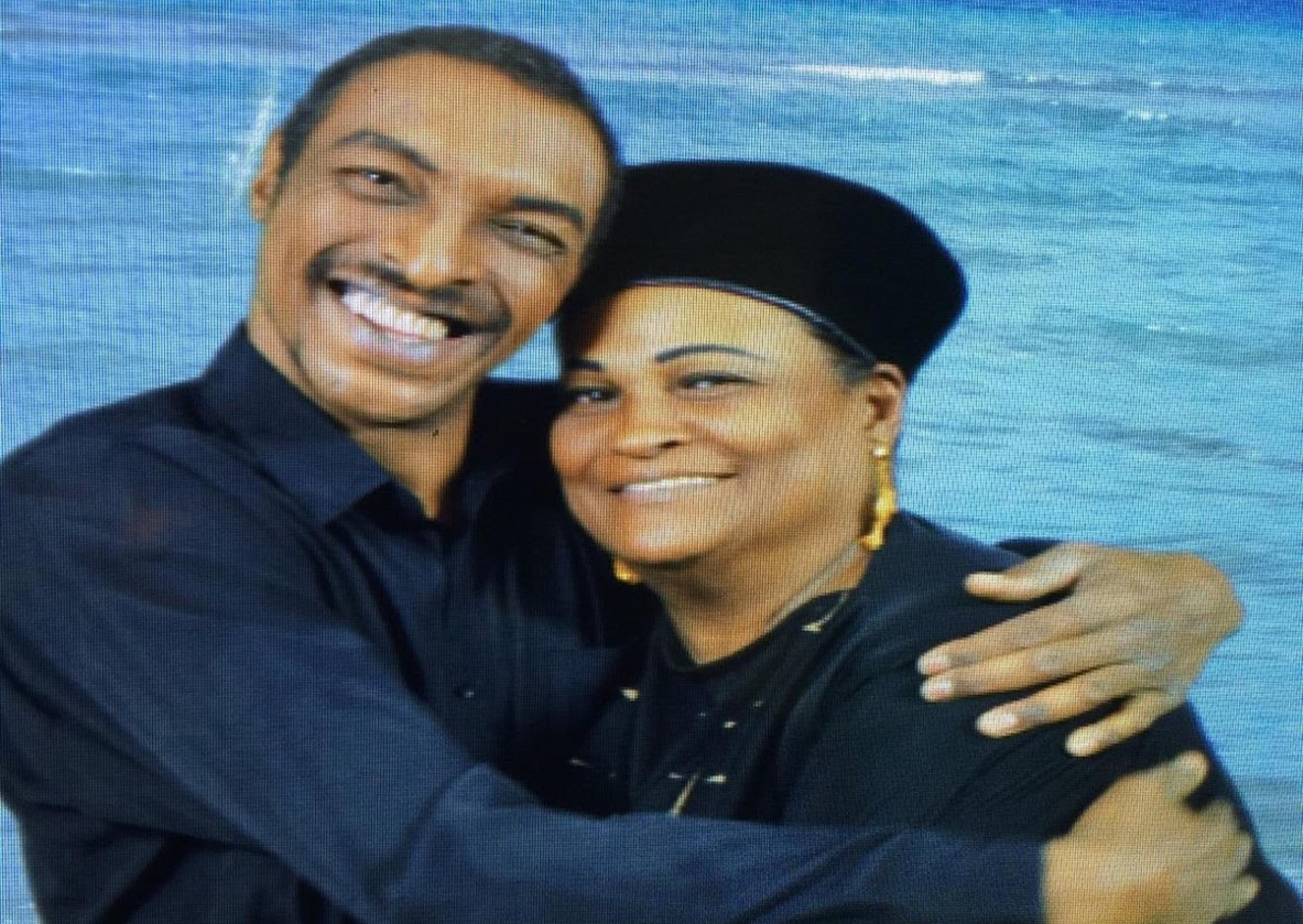Now that those "shackles" are off, it appears a new pattern of racial and ethnic profiling among border agents might also be emerging around the country.
This past Friday, New Times reported that Muhammad Ali Jr., the son of the legendary boxer, said he was detained at Fort Lauderdale-Hollywood International Airport February 6 and questioned about his religion. Ali Jr. said CPB agents asked him "how he got his name," among other inquiries. The line of questioning was nearly identical to what a Trinidadian man said he was asked during a February 1 detention at FLL.
Now, a lawyer working with the family, Chris Mancini, tells New Times he's been inundated with emails from people around the nation. Mancini says at least 50 people have told him they've been similarly questioned about their religion by CBP agents.
"People are sending me actual lists of questions, and they're remarkably similar," Mancini says. "It's 'How often do you pray? Who’s your imam? Are you Shia or Sunni? Do you belong to any sects? Do you read any particular literature?'"
Mancini, a former federal prosecutor, adds that the Ali Jr. ordeal feels like "opening a sore. I feel like we're lifting off a scab, and we're going to see what’s festering under there."
Asked whether border agents are being instructed to question travelers about their religion or ethnicity, CBP spokesperson Norma Morfa declined to answer specifically and instead forwarded a full written statement from the agency:
"U.S. Customs and Border Protection (CBP) officers adhere to the highest standards of professionalism. Every day CBP officers process more than 1.2 million international travelers. We accomplish our mission with vigilance and in accordance with the law. CBP does not discriminate based on religion, race, ethnicity or sexual orientation.Though a CBP spokesperson declined to speak to New Times about Ali Jr.'s case, a separate CPB representative told the Associated Press that the detention did occur. But that spokesperson denied that Ali Jr. was questioned about his race or religion.
We treat all travelers with respect and sensitivity. Integrity is our cornerstone. We are guided by the highest ethical and moral principles.
Privacy concerns prevent U.S. Customs and Border Protection (CBP) from discussing individual cases of travelers arriving at U.S. ports of entry. CBP follows the privacy policy of the Department of Homeland Security (DHS)."
But while it's easy to dismiss Ali Jr.'s detention at FLL as a singular instance of racism, the February 1 case when a Trinidadian man was detained in virtually the same manner as Ali Jr. raises questions about how border agents at FLL are conducting themselves.
On February 1, Stacey-Marie Ishmael, a former reporter for BuzzFeed and the Financial Times, said on Twitter that her Trinidadian husband, whom she did not name, had been detained for three hours, asked about his ethnicity, and, again,
New Times asked the CBP's Morfa whether the agency believes there to be any ongoing racial-profiling issues at FLL airport. She declined to answer that question. But given the flood of
"People are












